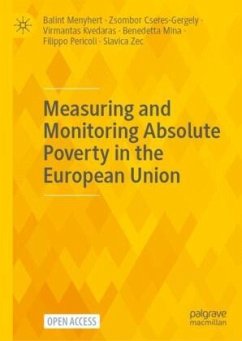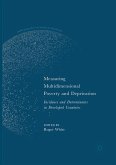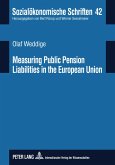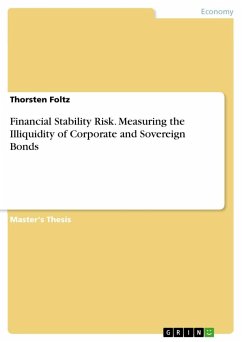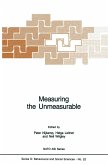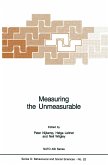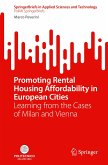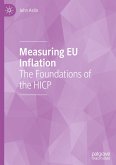Fueled by the recent cost of living crisis and compounding social policy challenges, absolute poverty measurement is rapidly gaining relevance in many advanced economies. Focusing on individuals and households minimum financial needs, absolute measures of poverty are well suited to support adequate social protection schemes and time-consistent social monitoring.
The current open access publication gives a comprehensive overview of the art and science of absolute poverty measurement in an EU-wide context. It summarizes the lessons learnt from the ABSPO exploratory research project carried out by the European Commission, tasked with designing and implementing the first cross-country comparable measurement of absolute poverty in the EU. Presented as a methodological handbook for practitioners and social policy experts, the relevant material covers all aspects of the measurement process and offers a novel framework, innovative methodologies and pioneering data analysis. Taking a decidedly forward-looking and international approach to poverty thinking, ABSPO measurement tools help identify new forms and patterns of social exclusion among European societies that call for further research, improved social monitoring and effective policy action.
The current open access publication gives a comprehensive overview of the art and science of absolute poverty measurement in an EU-wide context. It summarizes the lessons learnt from the ABSPO exploratory research project carried out by the European Commission, tasked with designing and implementing the first cross-country comparable measurement of absolute poverty in the EU. Presented as a methodological handbook for practitioners and social policy experts, the relevant material covers all aspects of the measurement process and offers a novel framework, innovative methodologies and pioneering data analysis. Taking a decidedly forward-looking and international approach to poverty thinking, ABSPO measurement tools help identify new forms and patterns of social exclusion among European societies that call for further research, improved social monitoring and effective policy action.

